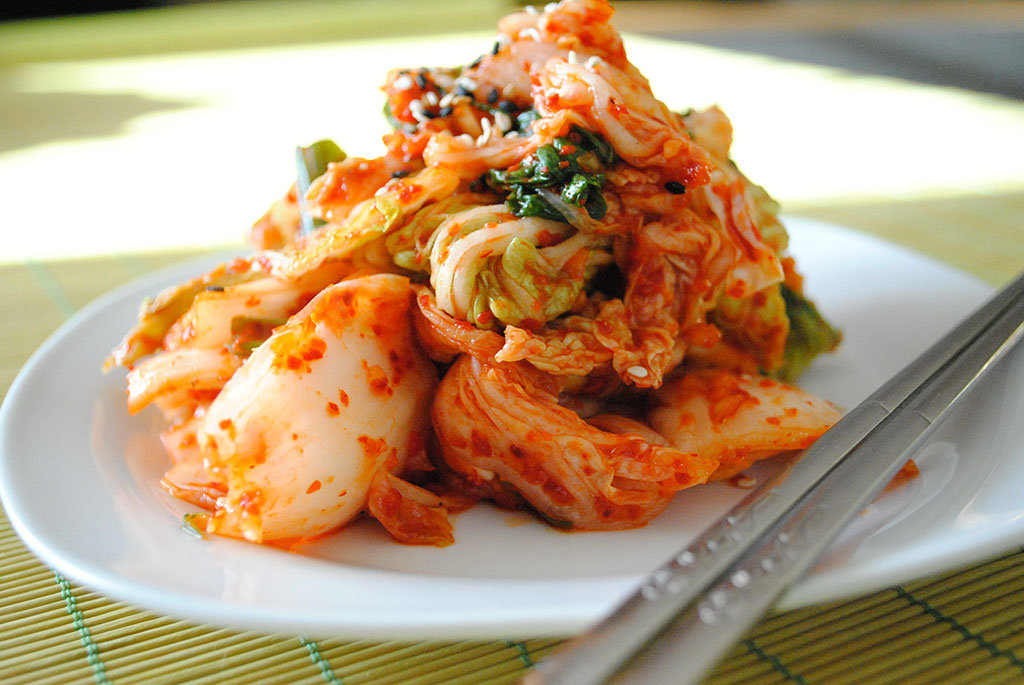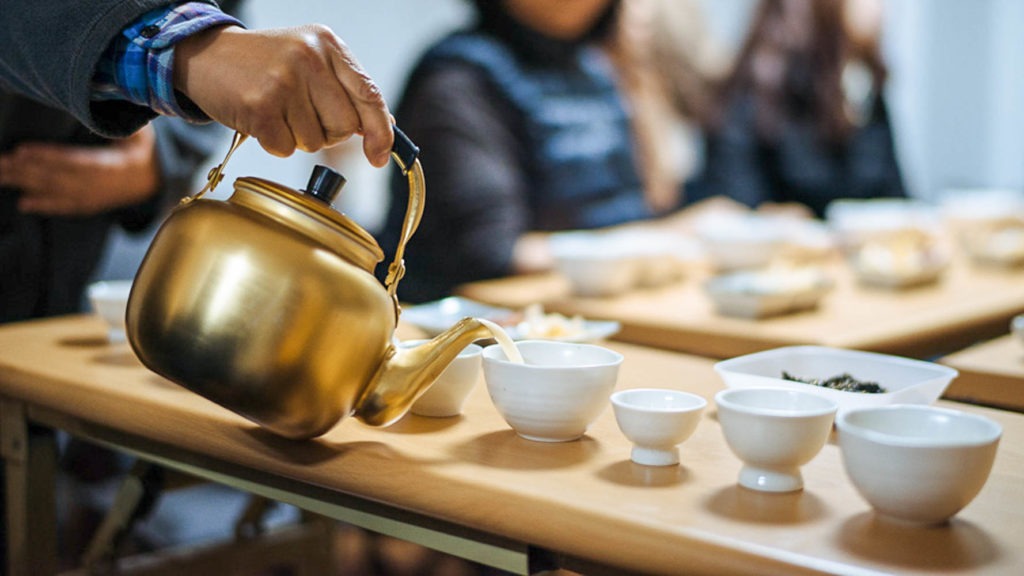The traditional Korean lunar calendar is filled with special ‘길일’ (gil-il), or ‘good days’ in Korean. These days of good luck sometimes refer to good days for moving house, or getting married, but they also apply to supposedly ideal days for preparing certain types of food. Wanting to make some kimchi or soju? Read on to find out the best days to do it! All dates are based on the lunar calendar.

Kimchi Making Days
What small dish pops to mind if thinking about Korean food? Probably kimchi, of course! Most people immediately associate South Korea with this fermented ‘national dish’, which consists of a mix of salted cabbages fermented with chilli powder and spices. Kimchi is served as a small dish with each meal; even for breakfast! There are about 190 different kinds of kimchi in Korea, depending on the season or the region of the country. The process of making kimchi is called ‘kimjang’. In 2013, ‘kimjang’ was listed as a UNESCO Intangible Cultural Heritage.

In terms of the best day for kimjang, traditionally Koreans would choose one of several ‘days without son’. ‘Son’ means ‘demon’, and so a day without ‘son’ on the lunar calendar was known to be a lucky day, where good things would happen. For this reason, important events like weddings, moving house – or kimchi making! – took place on these days.
‘Days without son’ traditionally were dates that ended in a 9 or 0 – for example the 19th, or the 20th, of the lunar calendar each month. In addition, ‘kimjang’ always takes place at the start of winter – just before the perfect season for storing and fermenting the cabbage in cold weather.
Traditional Alcohol Making Days – The Days of the Pig
Did you know that there are over 1000 types of traditional alcohol in Korea? The three main traditional gayangju alcohols, makeolli, soju, and yakju, are still enjoyed regularly by Koreans of all ages. You will see Koreans drink traditional alcohol with Korean barbecue, on national holidays, when going on a hike or picnic; on all kinds of different occasions!

And did you also know that there is a special day of the lunar calendar for brewing traditional alcohol? In additional to being brewed during the coldest time of the year, when the alcohol has time to ripen slowly over the cold season for a rich flavor and floral scent, traditional alcohol was also brewed beginning on the ‘Day of the Pig’. January’s day of the pig is the coldest. The second day of the pig, in February, is when home brewers created ‘nuruk’, the traditional yeast fermentation started made from steamed rice.
But why the days of the pig? Pig’s blood is notoriously clean and clear. It is believed that brewing alcohol on these days will help the resulting liquid to be of similarly high-quality.
In 2018, January’s day of the pig happens to overlap with a ‘day without son’, meaning it is an extremely special day! Brewing on this day, and following up with the second nuruk stage on the February day of the pig (March 20th on the solar calendar) is guaranteed to create the best traditional alcohol!
The Days of the Horse (Sauce Making Day)
Korean cuisine is based on a wide range of unique Korean sauces. Known as 장 (jang), these sauces are arguably one of the most important aspects of Korean cooking. Mixed with different spices and ingredients, jang helps give Korean food a wide variety of amazing flavours. Well-known types of jang include gochujang (red pepper sauce), doenjang (fermented bean paste), and ganjang (soy sauce.)
The best days for making ‘jang’ or ‘sauces’ traditionally were the previously mentioned ‘Days without Son’, and also the allocated lunar calendar ‘Days of the Horse’ on February 7th and 19th, and March 3rd and 15th.
The Day of the Horse is chosen because horses have very dark blood, and dark-colored jang was thought to be the best kind. It is also believed that sauce prepared while the weather is cool is less salty and of better quality. Plus, the cool weather helps prevent bugs and worms from entering the jang pots.
Learn more about the ins and outs of Korean food history, with a Gastro Tour Seoul food tour
